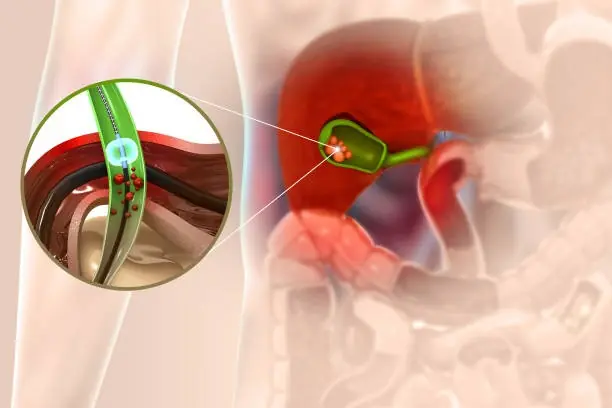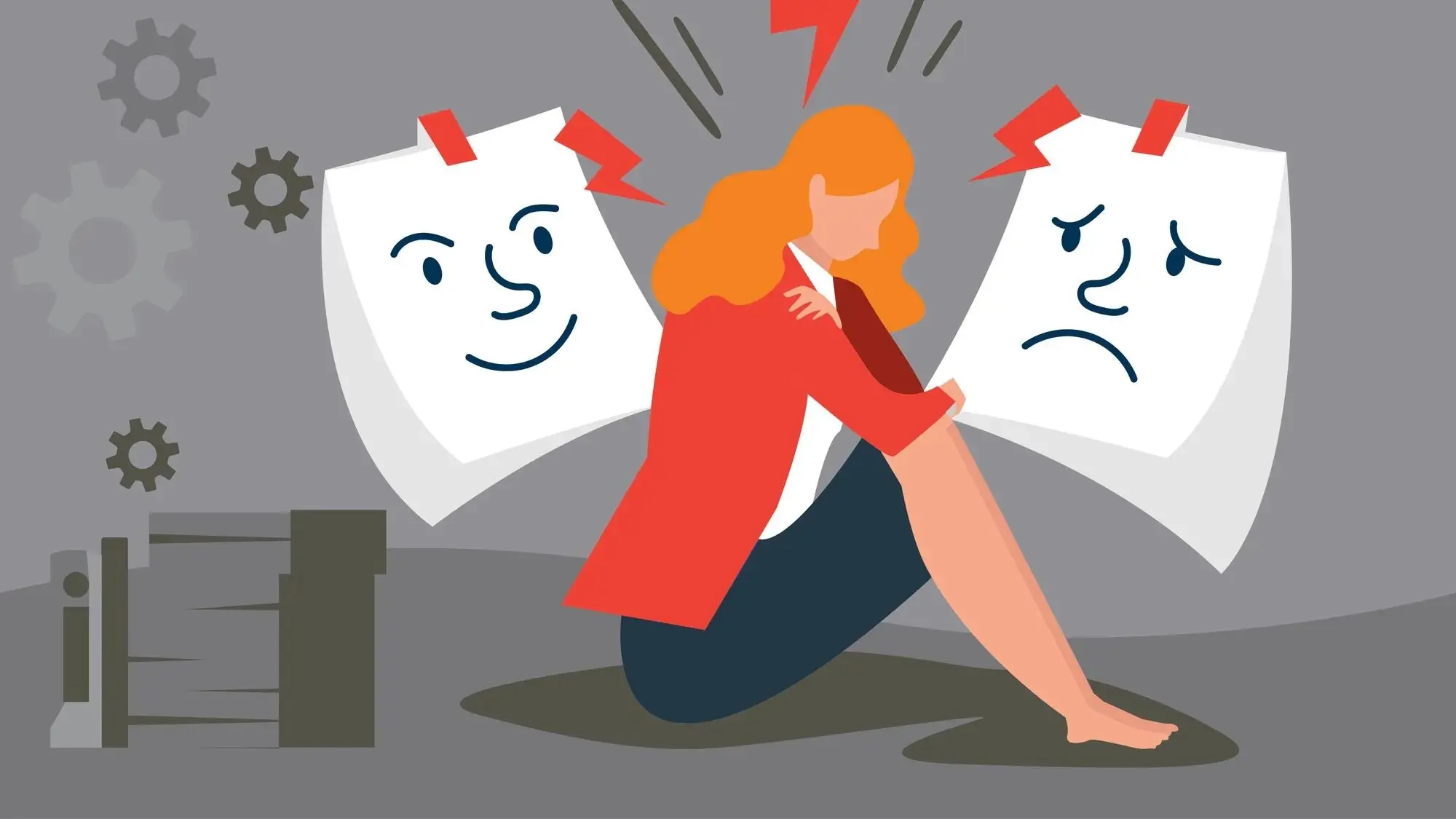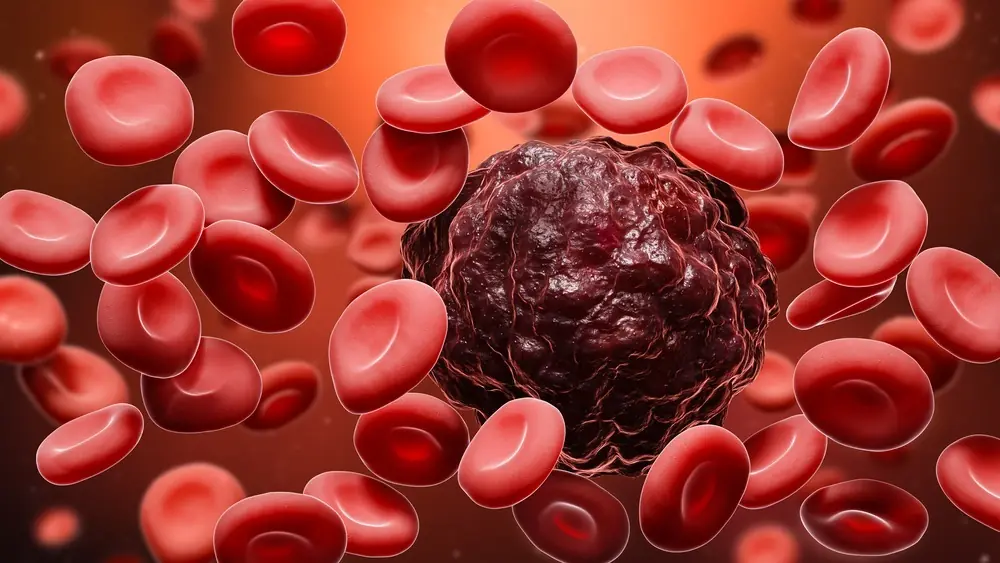
Things That No One Ever Tells You About Being A Functional Alcoholic
 The Hidden Struggle of Functional Alcoholism: What Most People Don’t See
The Hidden Struggle of Functional Alcoholism: What Most People Don’t See
When people think of alcoholism, they often picture a life in ruins—missed workdays, broken relationships, legal trouble, and financial devastation. It's an image of someone who’s lost everything, spiraling out of control. But that image doesn’t reflect the whole story. Not all alcoholics fit this dramatic stereotype. In fact, some lead what appears to be perfectly normal lives. They hold down jobs, maintain relationships, and attend social events. Outwardly, they seem in control. Behind the scenes, however, a different story unfolds—this is what’s known as functional alcoholism.
Functional alcoholism is a quieter, more socially acceptable version of alcohol dependence. It's a struggle that often hides in plain sight, cloaked in routine and masked by success. But just because someone appears to be functioning doesn’t mean they’re not suffering.
If alcohol is starting to impact your life in subtle but significant ways, even if you're not hitting rock bottom, you may be dealing with functional alcoholism. Here are some often-overlooked truths about it.
1. Shame Becomes a Constant Companion
Drinking might start as a way to unwind or reward yourself, but it often carries emotional baggage. Functional alcoholics frequently wrestle with shame, especially after a night of heavy drinking. The fact that they’re still meeting responsibilities can make it easier to dismiss or deny the problem.
But guilt creeps in during quiet moments—remembering things said or done under the influence, or simply questioning why alcohol feels like a necessity. Over time, the shame builds, creating a vicious cycle of secrecy and self-blame. This emotional burden can weigh just as heavily as any external consequence.
2. Certain Careers Normalize or Even Encourage Drinking
High-stress jobs in fields like finance, law, medicine, or hospitality often involve long hours and social drinking. In some industries, after-work drinks are practically a tradition. For functional alcoholics, these environments provide a convenient excuse to drink regularly—and heavily.
Success in these fields can mask dependency. But behind the promotions and paychecks, alcohol may be quietly becoming a crutch, offering temporary relief from burnout, anxiety, or imposter syndrome. And since colleagues may also be drinking heavily, the behavior rarely raises red flags.
3. Alcohol Becomes a Serious Financial Drain
Because they’re not financially struggling, many functional alcoholics overlook how much they’re spending on alcohol. But when you add up bar tabs, expensive cocktails, wine subscriptions, or a well-stocked home bar, the numbers become significant.
It’s not just the direct cost. There are hidden financial consequences too—missed workdays, lost productivity, poor decision-making, or impulsive spending under the influence. Over time, the financial burden grows, even if it doesn’t lead to total collapse.
4. Memory Gaps Start to Surface
One of the most unsettling aspects of heavy drinking is memory loss. Functional alcoholics often experience partial blackouts or complete lapses in memory. You might laugh about “not remembering last night,” but over time, these gaps can become more frequent—and more disturbing.
Losing parts of your evening, forgetting conversations, or being reminded of actions you don’t recall can damage relationships and chip away at self-trust. These memory lapses are red flags, even if everything else seems fine on the surface.
5. A Different Persona Takes Over When Drinking
Alcohol affects everyone differently, but many functional alcoholics notice a shift in their personality after a few drinks. Some become louder and more outgoing, while others turn emotional, aggressive, or unpredictable.
This split between sober self and drunk self can lead to deep regret, especially if actions or words while drinking hurt others. That internal disconnect often leads to questioning one’s identity and values, and can damage self-esteem.
6. Drinking Is Often Done in Secret
To maintain the illusion of control, many functional alcoholics hide their drinking. This could mean pouring a drink before anyone else arrives, hiding bottles, or topping off a drink quietly at home when no one’s watching.
Secrecy is often the clearest sign that something deeper is going on. When drinking becomes something that has to be hidden, it’s no longer just a harmless habit.
7. Drinking Alone Becomes the Norm
While social drinking is common, many functional alcoholics begin to prefer drinking alone. It becomes a ritual—something to look forward to after work or to numb stress and emotional pain.
Drinking in solitude removes any external judgment, but it also isolates the individual further. Over time, the line between a relaxing drink and emotional dependency starts to blur.
8. The Problem Is Dismissed as Harmless or Even Humorous
Society often romanticizes or jokes about drinking. Terms like “wine mom,” “happy hour,” or “I deserve this” normalize overconsumption. Functional alcoholics may joke about their drinking habits to deflect concern—humor becomes a form of denial.
By turning the issue into a punchline, it becomes easier to ignore the growing dependence and the emotional toll underneath.
9. Intentions Rarely Match Outcomes
Many functional alcoholics intend to drink moderately—just one or two to take the edge off. But one drink often leads to another… and another. Once alcohol is in the system, restraint becomes harder to maintain.
This loss of control, even if it’s occasional, is a clear sign that drinking is no longer just a choice—it’s a compulsion.
10. The Idea of Life Without Alcohol Feels Unthinkable
For many, alcohol becomes ingrained in every aspect of life—celebrations, relaxation, socializing. The thought of removing it can be terrifying, not necessarily because of withdrawal symptoms, but because of the belief that life won’t feel joyful or manageable without it.
This fear is one of the biggest barriers to change. It reinforces dependence and prevents people from seeking alternatives.
11. Short-Term Detoxes Are Used to Justify Long-Term Habits
Taking a break from alcohol for a few weeks or doing a “sober month” can feel like a reset. Functional alcoholics often use these detox periods as proof they don’t have a problem. But the truth is, if you're counting the days until you can drink again, the problem hasn’t gone away—it’s just been paused.
The ability to stop temporarily doesn’t necessarily mean you have a healthy relationship with alcohol.
12. There’s Usually a Quiet Inner Voice Raising Concern
Even if the outside world doesn’t see a problem, the inner voice often does. Questions like “Am I drinking too much?” or “Would I be okay without this?” don’t arise without reason. Ignoring that inner warning only delays what may become an inevitable reckoning.
That inner concern is often the first step toward change—if you’re willing to listen.
Final Thoughts: Functioning Doesn’t Mean Thriving
Being a functional alcoholic doesn’t mean you're immune to the consequences of alcohol—it just means they’re harder to spot. You may still have your job, your relationships, your routines. But that doesn’t mean alcohol isn’t taking something from you.
The danger lies in the denial. When there’s no dramatic collapse, it’s easy to justify the behavior. But over time, the emotional weight, financial strain, memory issues, and growing dependence become impossible to ignore.
If any of this feels familiar, ask yourself: Am I drinking out of habit, or out of need? Is alcohol helping me cope, or is it keeping me stuck?
The answers may be uncomfortable—but facing them is the first step toward something better. Seeking help isn’t a sign of weakness. It’s a sign of courage, clarity, and hope.
Healing doesn’t require everything to fall apart first. It starts with honesty—and a willingness to believe that life can be good, even without alcohol.
News in the same category


Chewing Gum Releases Microplastics Into Saliva – Even Natural Gums Are Not Safe, Study Finds

STUDY SHOWS SWITCHING TO PERSONAL CARE PRODUCTS WITHOUT CERTIAN PRESERVATIVES TURNS BREAST CANCER GENES OFF IN 28 DAYS

Study finds that eating one common 'superfood' could cut Alzheimer's disease risk by almost 50%

Side Effects and Dietary Recommendations Post Gallbladder Surgery

Signs You May Be Living With High-Functioning Anxiety

How to Know if You Have Fibromyalgia + 8 Natural Approaches to Relieve

Dark eye circles might be a subtle health warning

Could This 3D-Printed ‘Electronic Glove’ Keep Your Heart Beating Forever?

The Amount Of Time You Spend Peeing Could Be A Warning Sign For Bigger Health Issues

Scientists may have finally developed pill to cure deadly disease with 90% mortality rate

Man Shares His 'Proof' of Life After Death and the Seven 'Stages' of the Afterlife

Dental Expert Reveals the Top Two Brushing Mistakes That Lead to Yellow Teeth

They Hid This From Seniors: It Unclogs Arteries INSTANTLY!

This Secret Herb Can Heal 20 Diseases

Research shows that individuals who took psilocybin experienced significant enhancements in emotional empathy.

New Study Investigates Why Vaping Could Be More Dangerous Than Smoking

Disturbing X-ray Shows Creatures Breeding Inside Man's Body After Everyday Kitchen Mistake

Foods you should not eat every day because they can easily cause diabetes

New Study Reveals Hidden Dangers Lurking in Your Bottled Water
News Post

7 Warning Signs of Liver Damage You Shouldn’t Ignore

Chewing Gum Releases Microplastics Into Saliva – Even Natural Gums Are Not Safe, Study Finds

STUDY SHOWS SWITCHING TO PERSONAL CARE PRODUCTS WITHOUT CERTIAN PRESERVATIVES TURNS BREAST CANCER GENES OFF IN 28 DAYS

Study finds that eating one common 'superfood' could cut Alzheimer's disease risk by almost 50%

I Became a Burden to My Father after I Lost the Ability to Walk

I Was Stunned When the Teacher Said All the Kids Talked about How Amazing My Husband Was on Father's Day, I'm a Widow

Side Effects and Dietary Recommendations Post Gallbladder Surgery

I Bought a Vintage Blazer at a Thrift Store for My Mom, But the Note Inside Revealed a Secret She Kept for 40 Years

Signs You May Be Living With High-Functioning Anxiety

How to Know if You Have Fibromyalgia + 8 Natural Approaches to Relieve

Dark eye circles might be a subtle health warning

Could This 3D-Printed ‘Electronic Glove’ Keep Your Heart Beating Forever?

My Neighbor Drove over My Lawn Every Day as a Shortcut to Her Yard

The Amount Of Time You Spend Peeing Could Be A Warning Sign For Bigger Health Issues

On the Day I Was Supposed to Marry the Love of My Life I Saw Her Leaving Town With My Father

Entitled Guest Demanded a Free Table at 'Her Friend’s' Restaurant — Too Bad I Was the Owner

Scientists may have finally developed pill to cure deadly disease with 90% mortality rate

I Lost My Wife and Shut the World Out—Then an Orphaned Boy Opened My Heart Again

My Mom Avoided Me for Years—I Decided to Surprise Her Without Warning and Was Shocked by What She'd Been Hiding
